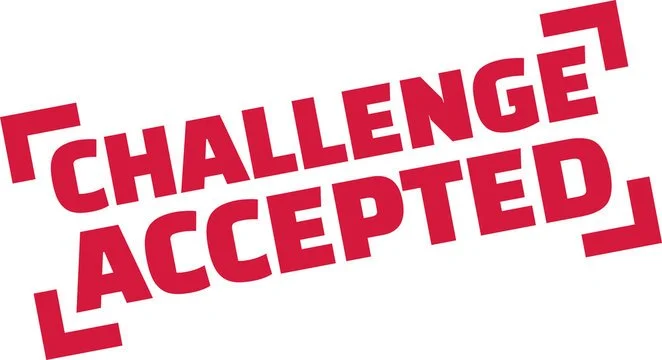When I lived in New York, I had the opportunity to spend time with some of the best magicians and variety artists on the planet. I was privileged to introduce many of them, watch their acts repeatedly and spend time with them backstage. I took in a lot of information during that time. It doesn’t mean I “learned” anything at that point. I was just taking in the information — the learning comes later.
There was a moment at Monday Night Magic which I clearly remember. I was hosting the show and the theater had just got their liquor license, so they could serve alcohol in the lobby before the show and patrons could bring their drinks into the theater.
We were about halfway through the first half of the show and I was speaking the audience when suddenly, out of the darkness, a man said something to me. The house was full that night and with the bright lights on stage you can only see the first couple of rows. I couldn’t quite tell where it was coming from but my head turned in his direction, near the back of the house just off center.
I didn’t say anything at that point, I just stopped mid sentence and let him finish what he had to say. When he was done, I continued. A moment later, it happened again. It naturally stopped me again for a moment. This time I could feel the audience get a bit tense and my mind started to churn:
“Are they expecting me to say something back?”
“How do I respond here?”
“Why the hell are they serving alcohol at the show?”
I took a breath, settled into my body and continued. There was one more comment from him and what sounded like another voice as well. But this time they were both a bit softer. It didn’t seem to be directed towards the stage. Then, nothing. It stopped and life continued.
It wasn’t a conscious decision for on my part to respond this way. I never thought in advance “if there’s a heckler tonight I’m going to…” This was a spontaneous response to the situation and it felt completely natural for me.
It had been something I struggled with for some time because I would see other performers tear the heads off of hecklers at the show. I considered — and still do consider — some of these performers to be my mentors and I was there to learn from them so what they were doing was right. Right?
Well, maybe.
Maybe it was right for them based on their experience and worldview but it didn’t feel right for me.
With 20+ years of aikido training, I don’t know why the answer didn’t come sooner. But like I said earlier, while you’re in the moment of the lesson you’re simply taking in the information. The embodiment of the learning doesn’t come until later.
As I see it, there are really only two options available to deal with a heckler: either you let them be part of your show or you don’t.
How would I handle this situation? What’s my response?
____
Control your emotions. Control your response.
One of the things that dawned on me while practicing aikido is that I can’t control anyone. It’s impossible. No matter how well you apply a technique, you can’t control anyone. The only thing you have control over is yourself. Period.
What you can do is set up the situation so they have no other choice but to realize the mistake they made and give them the opportunity to back off.
It’s simple, really. But not easy.
If I were to engage with the heckler during my show, it would have been an invitation to him to be part of my show. I’m literally opening the door.
Would you invite a stranger into your home to run amok? Of course not. You don’t know this person or their intentions.
So, I don’t invite the heckler in. They may knock on the door with their first heckle. But I’m not answering. They may even obnoxiously ring my doorbell countless times. I’m not answering.
This is my home and I’m in control. You are not welcome here.
Doing Nothing is Doing Something
They just started serving alcohol so my assumption is the heckler had something to drink. He decides to interject something or interrupt my speech with something he thinks might be funny or obnoxious or whatever. The reality is, I don’t know what he was thinking and it doesn’t matter.
He calls out a couple of times. Why? Because he wants a reaction from me. The reaction he wants and expects is that I fight back. I prop up his attack by pushing back with a “heckler stopper.” If that’s the response from me, now there is conflict.
Instead, I do nothing. I simply let him say what he has to say — allowing him to express himself — and move on. I remain centered and in control of myself. This makes it clear to him and everyone else watching that I cannot be upset and that I am in control.
Eventually, the person he was with whispers something in his ear and he’s quiet of the rest of the show. That person could have been his spouse or partner. What did that person say? I don’t know and I don’t care. Perhaps it was that things won’t be so pleasant back home if you continue down this path. Regardless, he received the message.
____
In the ensuing chaos that is intermission at Monday Night Magic, I was chatting with a couple of friends who were also on the show that night. Rocco, one of my favorite performers at the show, came over.
Motioning in my direction, he said the the producer, “Michael, that guy right there is a class act.”





















